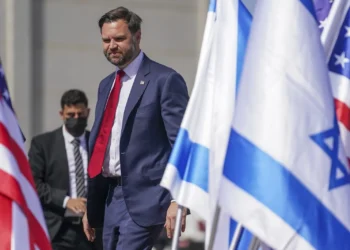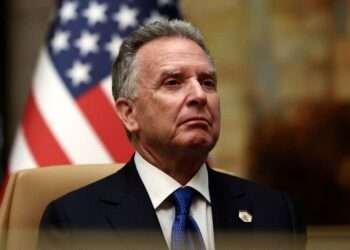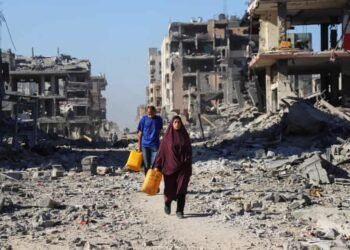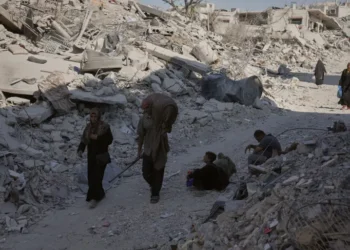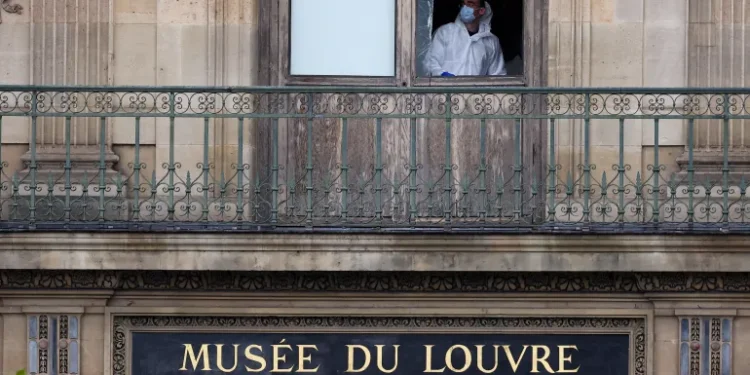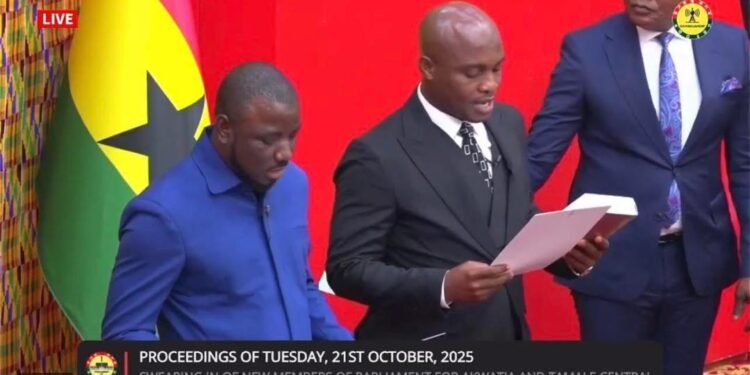According to local media reports, Thailand’s former Prime Minister Thaksin Shinawatra, 74, is expected to be released from jail.
Thaksin was initially sentenced to eight years for abusing power, but a royal pardon reduced it to one year. The Thai media, citing Justice Minister Tawee Sodsong, stated that Thaksin’s release is due to his age and health.
However, the royal gazette noted that Thaksin’s acknowledgment of guilt, expression of remorse, loyalty to the monarchy, and service to the country were also factors in the reduction of his sentence.
Thaksin, a prominent politician and businessman, was hospitalized after one night in jail due to high blood pressure and has remained there since.
He is one of 930 inmates granted parole on Tuesday, February 13, 2024, according to Tawee. Thaksin Shinawatra is anticipated to be released after February 17.
Having spent over 14 years in exile, Thaksin returned to Thailand last August. Upon his arrival, he was immediately arrested, taken to court, and subsequently jailed after 15 years of self-imposed exile.
Thaksin, known for his success in the telecommunications industry, flew from Singapore on a private plane and arrived at Bangkok’s Don Mueang Airport.
Upon his arrival, Thaksin paid homage to the king before being escorted by a police convoy to the Supreme Court. There, he faced charges of abuse of power and other criminal offenses, which he denounced as politically driven.
Subsequently, Thaksin was transferred to a Bangkok prison, with the Supreme Court announcing an eight-year jail term.
Thaksin rose to power in 2001 with a populist agenda that resonated strongly with rural Thais, often overlooked by the country’s ruling class.
He secured a landslide victory five years later. However, while Thaksin was in New York preparing to address the United Nations in September 2006, the military staged a coup, seizing control of the government.
Thaksin Shinawatra’s Controversial Legacy
Since the 2006 coup, Thailand has grappled with political unrest, marked by clashes between pro-Thaksin factions and rival pro-establishment groups, amidst a cycle of elections and military interventions.
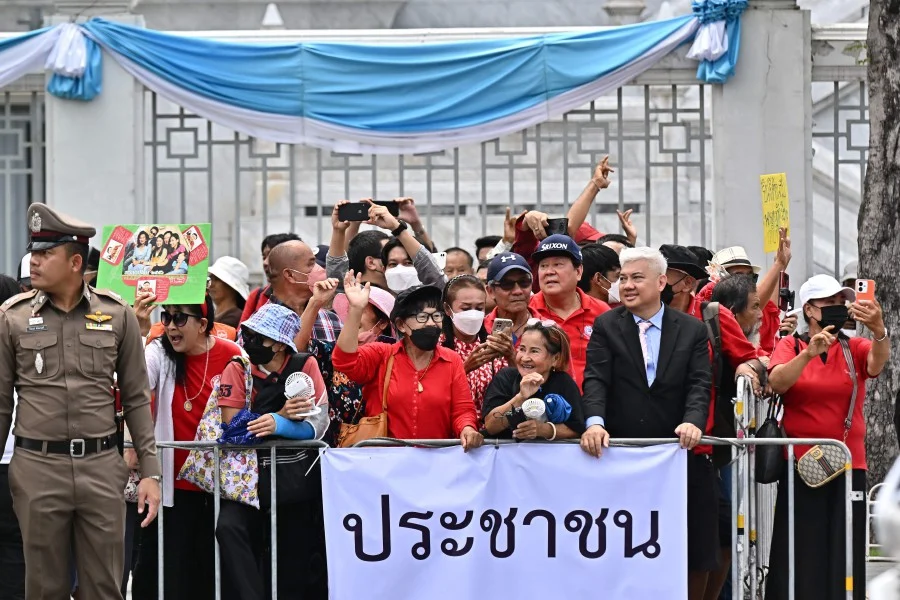
Ahead of Thaksin’s return, thousands of “red shirts,” representing a grassroots rural movement formed to support Thaksin’s government post-2006 coup, gathered near the VIP terminal to welcome him back.
Creating a festive atmosphere complete with food and the traditional Isaan mo Lam music, the crowd, hailing mostly from the “rice-bowl” northeast region, Thaksin’s stronghold, celebrated with dancing and cheers as his plane landed.
Thaksin’s administration faced persistent accusations of corruption. Critics pointed to various instances where he allegedly abused his power for personal gain.
While his economic policies resonated with many, the cloud of corruption hung over his legacy.
One of the most controversial episodes was the sale of the Shinawatra family’s telecoms empire, Shin Corp.
Thaksin’s family sold their majority stakes to a foreign company in a tax-free transaction. This move raised concerns and fueled suspicions of crony capitalism.
The People’s Alliance for Democracy (commonly known as the Yellow Shirts) launched mass protests against Thaksin. They accused him of undermining democratic institutions, centralizing power, and eroding checks and balances.
In a surprising turn of events, his party, Pheu Thai, formed an unlikely coalition with military-royalist opponents, leading to further tensions.
The Pheu Thai party in Thailand, after securing the second position in the elections, has formed an unexpected coalition with pro-military parties since the progressive Move Forward Party, which won the elections, faced opposition from the conservative unelected Senate.
Senators, aligned with traditional royalist values, blocked the Move Forward Party from forming a government due to their stance on reforming a law that criminalizes defamation of Thailand’s royal family.
In response, the Pheu Thai party joined forces with the pro-military Palang Pracharath and United Thai Nation parties, both linked to outgoing Prime Minister Prayuth Chan-ocha, who came to power through a 2014 military coup.
READ ALSO: UK Government Pursuing Nuclear Plant Sites Amidst Wylfa Negotiation Reports




